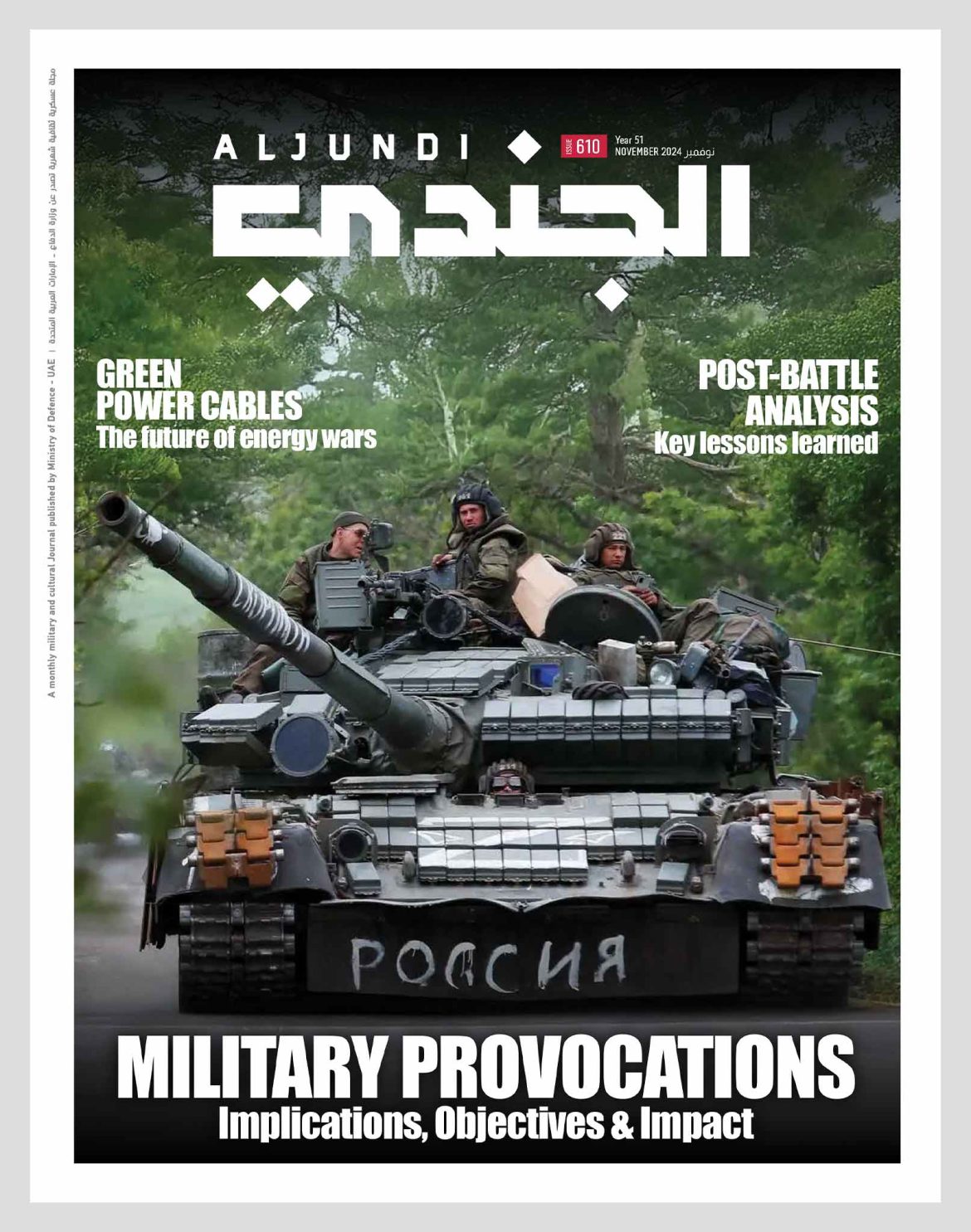The structure of the international system is undergoing many changes. The rules established in the post-Soviet era no longer hold.
Today, the world is witnessing transformations brought about by the rise of new powers like a resurgent Russia, China’s expansionism beyond Asia, and Western countries like France asserting themselves independently of American power.
Thus, we are looking at a radical transition from 1990s unipolarity toward a multipolar world.
Given the scale of change brought about by global competitiveness, which has created a new power balance, there is no going back to American unipolarity as we have seen after the 90s.
Because the change happened fast and the focus was on competing on who would lead the world, the emerging international system still suffers from many flaws and exists in a state fluctuating between stagnation and change.
International institutions take a fragmented approach, addressing parts of conflicts while neglecting others, lacking a clear vision to resolve them.
This leads to perpetuating conflicts and chaos that leaves the unipolar system paralyzed and unable to perform in line with its main principles – upholding peace and security, respecting sovereignty and non-interference.
The conduct of organizations like the UN Security Council has been greatly affected by unipolarity and post-9/11 shifts in American policy – from containment to aggressively remodelling the world based on conservative ideology, often religiously inspired.
This led tools like the Security Council to follow American policy rather than adhere to their mandated principles.
Therefore, keeping this conduct without radical reform will perpetuate the failure of institutions intended to provide stability. The international system will remain stuck fluctuating between new and old eras, unable to escape chaos.







